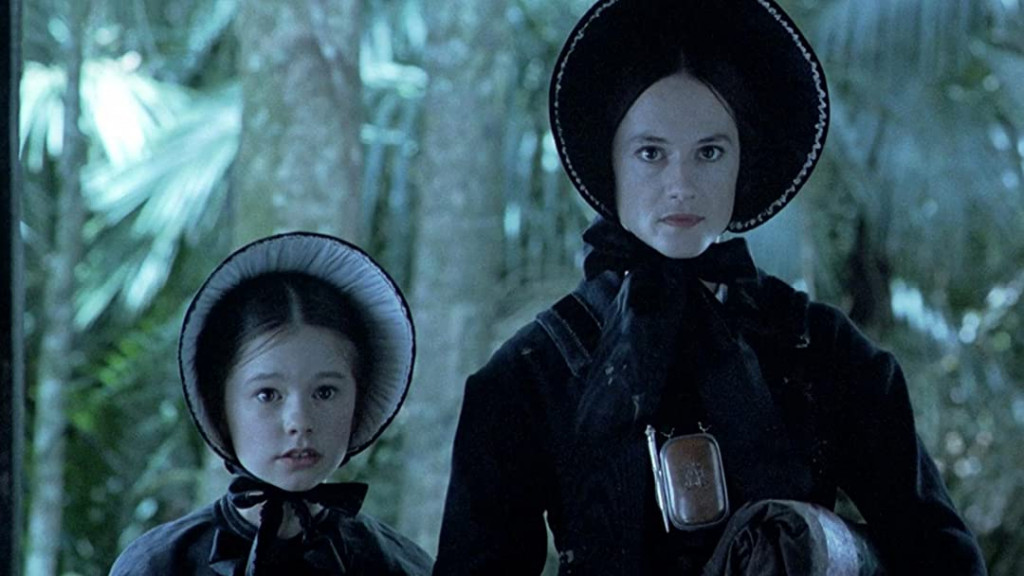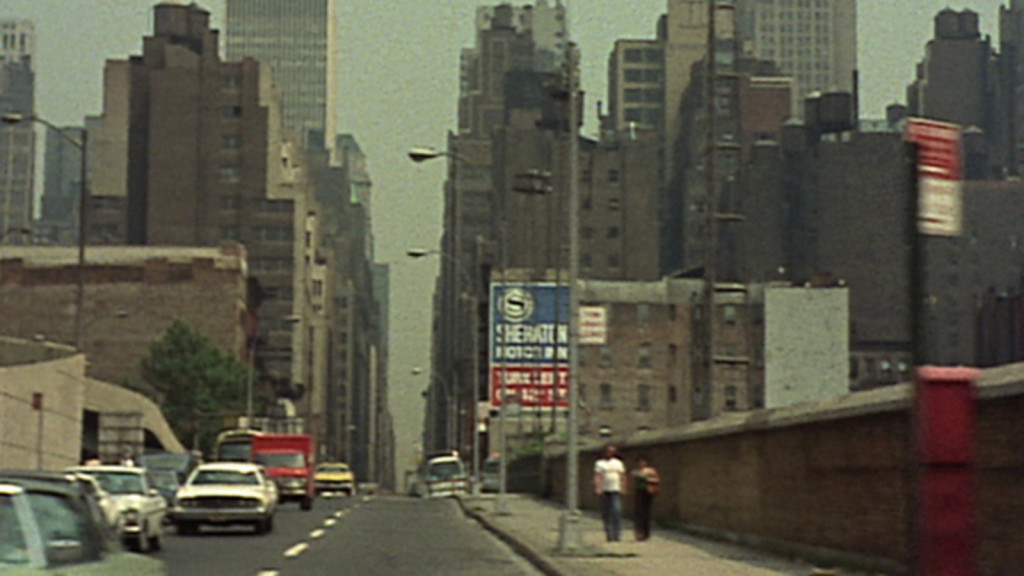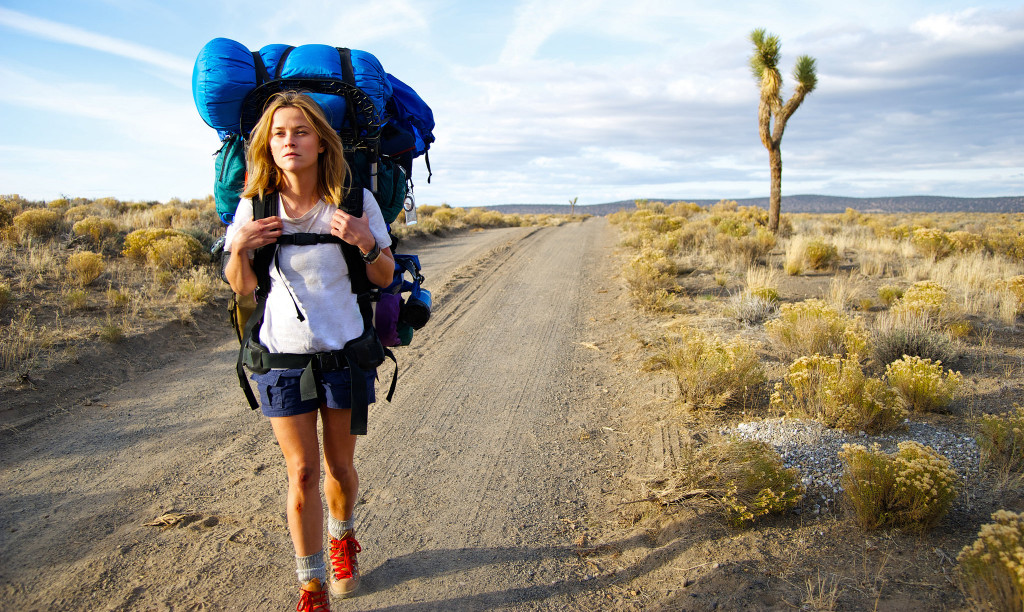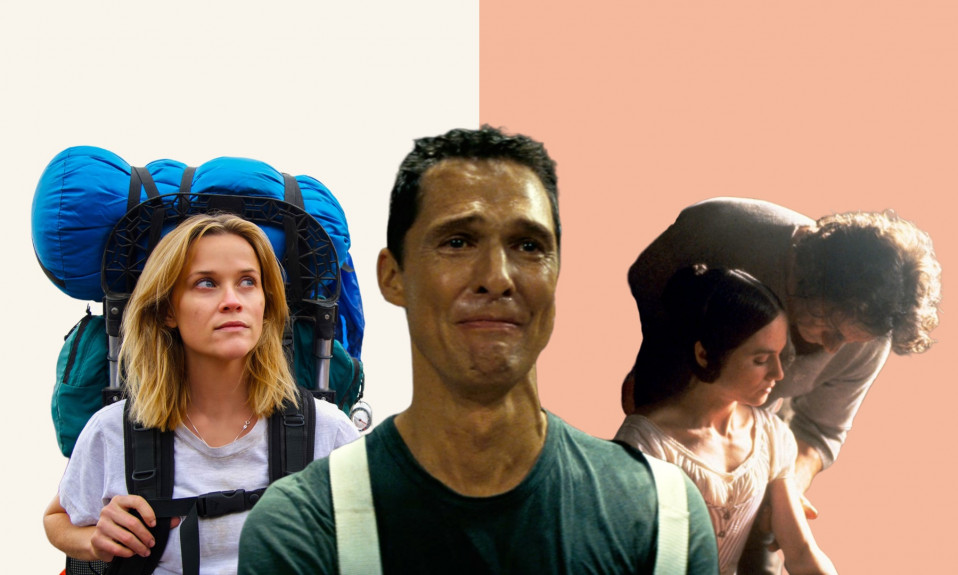My last message to K was ignored, and I – a perpetual over-thinker with a penchant for fantasy – began to extrapolate. The message had pointed out that I, someone who lacks attention to detail, had only just noticed we lived miles apart; 100 to be exact. We’d met on a dating app and, in my defence, the confusion stemmed from the place he listed on his profile bearing the same name as a place ten minutes from me. In the prolonged silence, I assumed that he had either known that from the beginning and was appalled by my lack of care, or that my realisation had sparked a similar one in him and the pursuit now bore less fruit so he called it quits.
In the days after I sent the message, I wondered what to do. Should I send a follow-up text? No, double-texting would look desperate. Or would it? Did it matter if he was already ignoring me? As it stood, all that was hurt was my pride – but perhaps there was an explanation? Of course, the pragmatist in me thought it might be a clean break, a zero-guilt escape – he did live miles away, after all. Yet, oddly, that didn’t seem to bother me, and that’s what struck me.

Given that distance has defined the past fourteen months, I wondered if my relationship with it had been reconfigured. I, like everyone else, have spent over a year standing with my arms crossed at the ends of driveways, on the other side of roads, in the stoops of houses to talk to people. During this time, closing a six-foot gap seemed impossible, and somehow, in a bizarre way I can’t quite explain, it made it all seem futile; a hundred feet or a hundred miles, it didn’t seem to matter.
For years I’ve watched protagonists travel great distances to reach their goal; Reese Witherspoon walking the PCT in Wild, a twinkish Elijah Wood transporting jewellery from one place to another in Lord of the Rings, or Ada, in Jane Campion’s masterpiece The Piano, who is shipped across the seas to marry a man she has never met. For them, covering the distance was transformative; their literal journey across it represented an emotional one – for better or worse. Whether that was a search for independence, a longing for home, or an attempt at rediscovery, afterwards they are forever changed. Would it be the same for me? Admittedly, my potential journey – which amounted to just under two hours in the car – was far less dramatic than theirs, but the fact I was considering it at all seemed radical for me. I have been known to turn down dates with men who lived a two-minute walk from my flat, have even not bothered to walk thirty feet across a bar to talk to someone, but none of that in-built resistance seemed to deter me now.

Where two people are concerned, however, distance does seem defined by isolation. In Christopher Nolan’s Interstellar, Joe and his daughter Murphy spend years apart as the former travels in space; both are intrinsically affected by their separation. The change in them manifests as ageing; Joe almost unchanged after years, experiencing time differently in a confusing Nolan-esque way, while Murphy grows old and dies. Elsewhere, in Chantal Ackerman’s 1976 film News from Home, Ackerman, living in New York, reads letters from her overbearing mother back home over still shots of the city: cars idling down quiet back streets, a small cluster of people standing on a subway platform. The distance between them isn’t just categorised by literal miles, but by the emotional space between a daughter and mother, all set against, to borrow a phrase from Olivia Laing, “the lonely city”. In this sense, our concept of distance isn’t just defined literally, but often we relish in films about emotional distance – two people lying on the same bed, but they’re miles apart and can’t seem to reach across the ever-expanding space between them – whether it’s imposed on them or created by them.
The thing about distance, though, depends on your ability to close it. Do you have the means to travel regularly? Pay for train tickets, bus tickets, for hotels halfway? Do you have the emotional maturity to admit you’re wrong? Do you have the capacity to point out what’s not working, to tell a loved one that they hurt you? It seems most of my life has been about trying to close the distance between me and the things around me, trying to connect to others when it felt so tricky or looking at where I wanted to be and wondering how to get there.

In her book A Field Guide to Getting Lost, Rebecca Solnit equates distance with the colour blue. She writes, “Blue is the colour of longing for the distances you never arrive in, for the blue world.” That “blue world” is the one that always exists on the horizon, in the murky shades of blue in which you’re sure you can see something, but then it shifts and fades, like thinking you can see France or Ireland from British beaches. She writes of our desire to go to that blue world, to illuminate it but, of course, it’s unreachable.
Impossibility and distance seem to go hand-in-hand. Romantic comedies tell us that distance makes love impossible yet somehow the couples manage, Sci-Fi tells us distance is traversable but comes at a cost, and fantasy tells us distance is a struggle but one that will make a hero of us. We can always see that place on the horizon but are never able to locate where the sea meets the sky. In the face of distance, people seem able to do the impossible – at least, they do in film. For these characters, distance, like other obstacles, is about whether they can overcome it, whether they let it define or push them, whether they accept that call to adventure. Perhaps, at risk of sounding corny, this is my call.
Seven days later, I sent a follow-up text. Shortly after, I got a very apologetic reply.
Also Read: How Film Changed Me: Millennial Comedies











